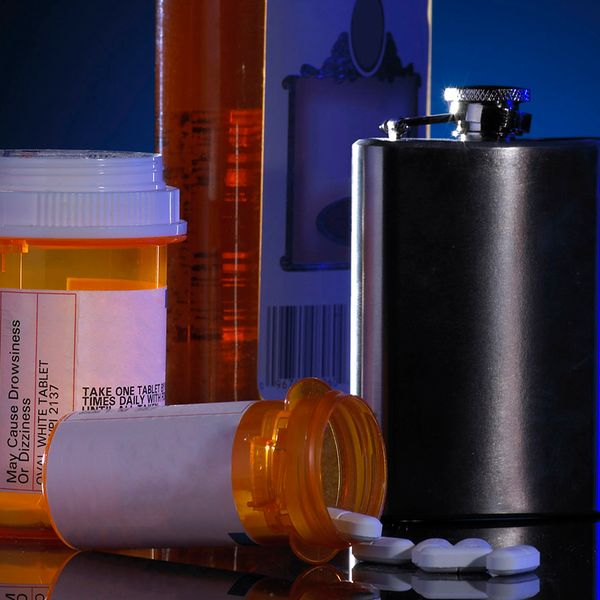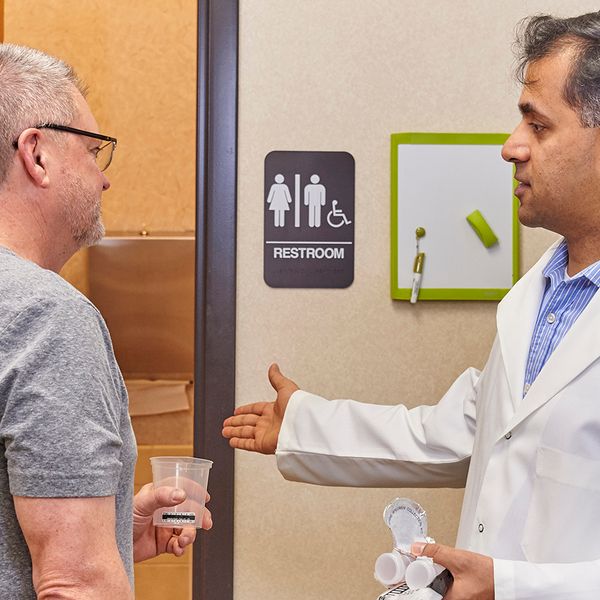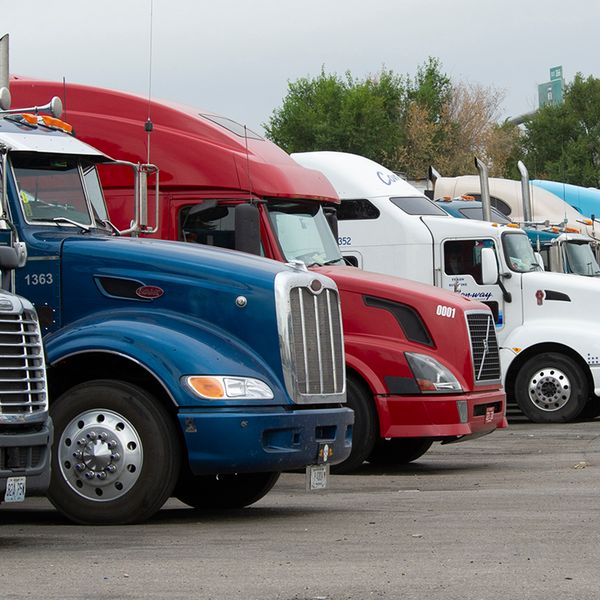Testing mistakes can derail careers
Recently, we received a question from a carrier asking how to handle a failed random drug test for a driver operating a non-CDL vehicle. You see, the carrier had assumed that because the driver held a CDL, he should remain in the random DOT testing pool no matter what his job duties.
The driver was sent for the random test and failed, which typically would trigger the return-to-duty (RTD) process for a CDL driver. However, there is no such process for non-CDL CMV drivers, so the carrier wasn’t sure how to proceed.
Once the carrier realized the mistake and spoke to the driver, it turned out he had no interest in completing the RTD process or maintaining his CDL because he was a couple years away from retirement.
A no-win situation
Unfortunately, it was too late for the driver in this situation. If a driver without a CDL had been in this position, the negative test would not come to light outside of the carrier’s internal drug testing policies.
However, the Federal Motor Carrier Safety Administration has clarified that any positive DOT drug test on a CDL driver, regardless if it was performed in error, must be reported to the Clearinghouse. So the CDL employee in a non-CDL position will have this unresolved violation in the Clearinghouse until the necessary steps in the RTD process are completed.
What does this matter if the driver is no longer interested in maintaining his CDL, you ask? Unfortunately, one of the consequences of a DOT testing violation is the inability to operate any type of CMV, even a non-CDL CMV, until the violation is resolved. If the driver is not interested in the RTD process, his career as a CMV driver is essentially over due to this mistaken test.
Get it right the first time
While some may find it difficult to have sympathy for a driver who has failed any kind of drug test, even a mistaken one, this story is just one example of a how a poorly executed testing program can cause serious unintended consequences.
When it comes to your testing program, don’t be afraid to double-check the regulations or ask us for help. After all, someone’s job could depend on it.





















































